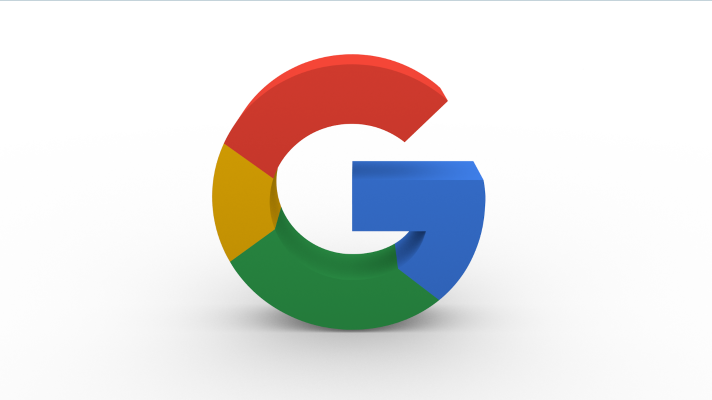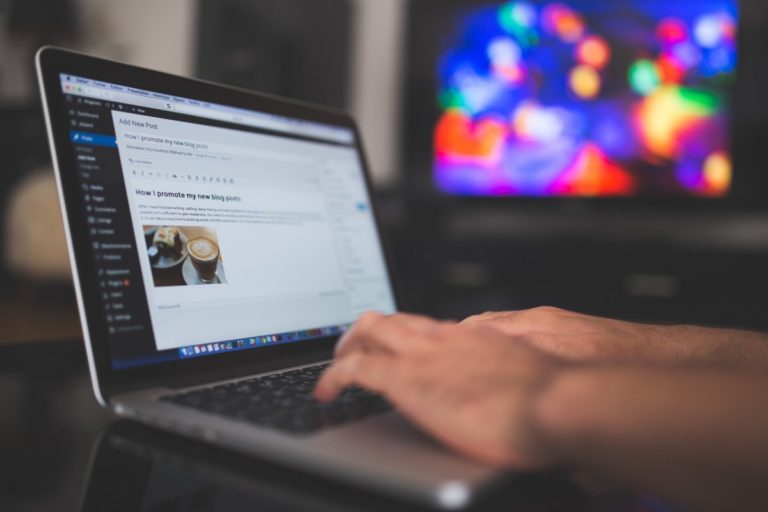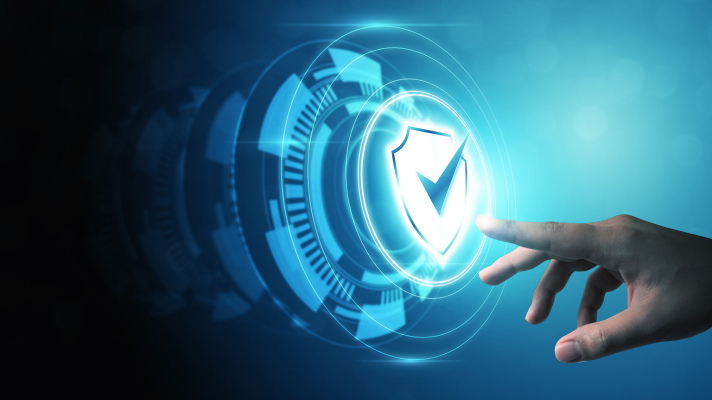Social media can have an impact on our lives in both positive and negative ways. On the plus side, it allows us to stay in touch with friends and family, share and discover new information, and gain access to a variety of resources and opportunities. On the downside, it can contribute to the spread of misinformation, expose us to cyberbullying and other forms of online harassment, and erode our privacy. It can also be addictive, causing people to spend too much time on social media at the expense of other activities in their lives. Overall, it is critical to use social media with caution and balance and to be aware of the potential risks and drawbacks.
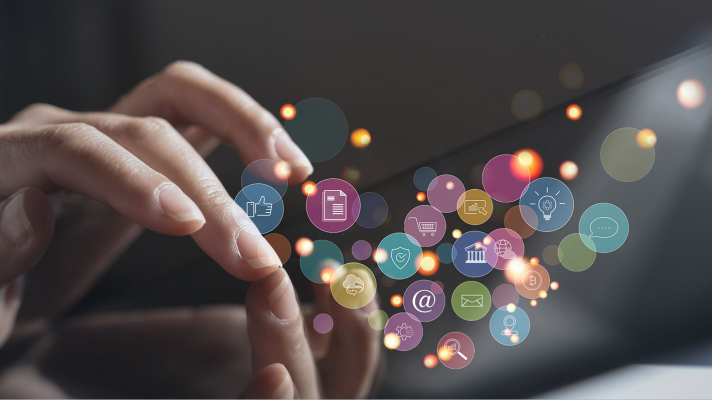
Social Media Impacts on Productivity
Productivity is affected both positively and negatively by social media. Positively, social media can be a useful tool for staying in touch with coworkers and clients and for quickly sharing and accessing information. It can also serve as a source of inspiration, motivation, and a way to stay abreast of developments in the industry. Social media can also be a distraction, causing individuals to waste time checking updates and notifications when they should be concentrating on their work.

It can also contribute to a culture of constant connectivity in which individuals feel compelled to respond to messages and updates outside of normal business hours. This can result in feelings of exhaustion and decreased productivity. In order to maximize its benefits and minimize its potential negative effects on productivity, it is important to use social media in a mindful and balanced manner and to establish boundaries surrounding its use.
Misinformation and Fake News in Social Media
Misinformation, also known as false or misleading information, and fake news, which refers to fabricated news stories presented as true, are both major social media concerns. They can quickly spread through networks of friends and followers, and it can be difficult for people to distinguish between correct and incorrect information. Several factors influence the spread of misinformation and fake news on social media.
One example is social media platforms’ algorithms, which can amplify and promote sensational or controversial content. Another factor is the ease with which information can be shared and re-shared, even by people who do not independently verify its accuracy. Furthermore, some people and organizations intentionally spread misinformation and fake news for financial gain or to advance a specific agenda.
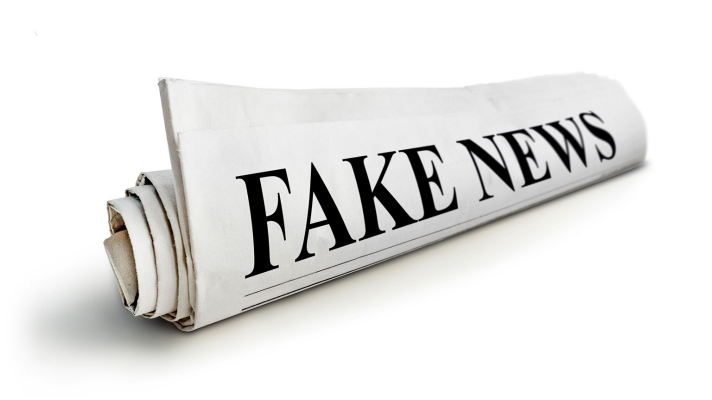
To combat misinformation and fake news on social media, people must critically evaluate the sources of the information they come across and verify the accuracy of what they see before sharing it. Social media platforms have also taken steps to address the issue, such as providing tools to assist users in reporting misinformation and collaborating with fact-checking organizations. The problem, however, remains a significant challenge.
How Social Media Contributing Violence, hate speech and Dividing our society
In multiple ways, social media has been linked to an increase in violence, hate speech, and social divisions. The dissemination of extremist or radicalizing content, which can inspire or incite violence, is one method. Social media can also serve as a platform for the dissemination of hate speech, contributing to an atmosphere of intolerance and conflict. Moreover, social media can contribute to social divisions by creating echo chambers in which individuals are only exposed to information and viewpoints that are consistent with their own.
This can lead to a lack of understanding and empathy for those with opposing viewpoints, resulting in a society that is more polarized. Individuals and society as a whole must acknowledge the potential negative effects of social media and take steps to mitigate them. This may involve educating individuals about the dangers of online extremism and hate speech and fostering media literacy and critical thinking skills. It can also include making online communities more welcoming and respectful and encouraging people from different backgrounds and points of view to talk to each other and learn from each other.
Misinformation on social media has resulted in significant violence.
When misinformation—also referred to as false or misleading information—is shared on social media, it can have detrimental and violent repercussions.
One illustration of this is the part that false information played in the 1994 Rwandan genocide when hate speech and propaganda were disseminated against the Tutsi minority through radio stations and other media outlets.
More recently, there have been a number of violent incidents and armed conflicts that have been linked to false information on social media, such as the lynching of innocent people in India because of false rumors that were circulated on WhatsApp and the part that fake news played in inciting violence during the attack on the US Capitol on January 6, 2021. Regarding the information we come across on social media, these examples highlight the risks of false information and the necessity for caution and critical thinking. People should always check the veracity of what they see and hear and be aware of the possible repercussions of disseminating false or misleading information.
Time Wasting Machine
People can waste a lot of time on social media if they are not careful about how they use it. But it’s also important to remember that using social media in a balanced and thoughtful way can be a useful and helpful tool. Set limits on how much time you spend on social media. This will help you avoid wasting time. This can be done by using tools or apps that track how much you use social media and help you set limits or by setting times of the day to check social media updates instead of doing it all the time. It can also help to think about why you are using social media and focus on the activities and connections that are most important to you instead of mindlessly scrolling through feeds. Overall, it’s important to find a good balance with social media and use it to make your life better instead of worse.
Facebook and Instagram Privacy Concerns
Concerns about privacy are very important when it comes to social media, especially Facebook and Instagram. These platforms collect and use a lot of information about their users, like what they do, who they know, and what they like. This information is used to customize the content and ads that users see and to help with a wide range of business and research projects. This kind of data collection can be helpful but also make people worry about their privacy and how their personal information could be used. The people who use these platforms should know what information is being collected about them and how it is being used.
Also, it’s important to know about the privacy settings and tools on these platforms and use them to control how much personal information you share. Overall, social media users should be aware of the risks to their privacy and take steps to protect their personal information. This could mean being careful about what information they share, using privacy tools and settings, and not clicking on links or downloading content from sources they don’t know much about.
Facebook Impact on Mental Health
There is evidence that Facebook and other social media platforms can have an impact on mental health, both positively and negatively. On the plus side, social media can provide a sense of connection and support, as well as a useful way to stay in touch with friends and loved ones, particularly for people who are isolated or unable to connect in person. It can also provide people dealing with mental health issues with information, support, and inspiration.

On the negative side, social media can contribute to mental health issues in a variety of ways. It can, for example, expose people to a constant stream of negativity and drama, contributing to feelings of anxiety and stress. It can also foster unrealistic expectations and FOMO (fear of missing out), leading to feelings of inadequacy and low self-esteem. Furthermore, social media can be addictive, causing people to spend too much time on it at the expense of other activities in their lives. Overall, it is critical for people to use social media in a mindful and balanced manner and to be aware of the potential consequences for their mental health. If you are concerned about the impact of social media on your mental health, you should seek advice and support from a mental health professional.
The Effects of Facebook and Other Social Media on Relationships
Relationships can be affected in both good and bad ways by social media. On the plus side, it can be a good way for people who live far apart or have busy lives to stay in touch with friends and family. It can also be a way to share and celebrate important events and milestones and stay in touch with a wide range of people. On the other hand, social media can also make it hard for people to get along with each other. For example, if people are more interested in their screens than in each other, it can make them feel disconnected and alone. It can also cause problems if people think their partners don’t pay them enough attention or if they think their relationship is being put aside for online connections. Social media can also lead to temptation and cheating if people use it in bad ways to connect with other people. Overall, it’s important to be aware of how social media affects your relationships and to use it in a way that makes them better, not worse. It might also help to set limits on how much you use it and make sure you have time to talk to the people you care about in person.
How people are bullied on social media
Cyberbullying, which is bullying on social media, is a serious problem affecting many people. It’s when someone uses social media and other ways to talk online to bother, scare, or hurt someone else. People can be picked on in a lot of different ways on social media. They might get mean comments or messages, hear embarrassing or private things about themselves, or be left out of social groups or events.
They may also get threatening or violent messages or be the target of online impersonation or identity theft. Cyberbullying can hurt people’s mental health and well-being in ways that are serious and last for a long time. It can make you feel alone, anxious, and depressed; in some cases, it can even make you hurt yourself or try to kill yourself. People need to know what cyberbullying is and what they can do to protect themselves and others from it. This can include being careful about what they post online and who they share it with, using privacy settings to control who can see their content, and not accepting friend or follower requests from people they don’t know. It’s also important to report cyberbullying to the social media site, an adult you trust, or a mental health professional.
Should you stop using social media?
Whether or not to stop using social media is a personal decision that depends on an individual’s unique circumstances and needs. While social media may be a positive and enriching experience for some, others may decide that the risks aren’t worth it. There are a few factors to think about if you want to cut back or quit using social media altogether.
Before making any drastic changes, you should examine your motivations for doing so. Is it because of specific worries about things like privacy, addiction, or the effect on your mental health? If you’re considering quitting or cutting back on your social media usage, knowing your reasons for doing so will be helpful. Next, consider the potential pros and cons of stopping or reducing your use of social media. On the plus side, it could free up time for other pursuits, limit your exposure to potentially damaging material, and even benefit your state of mind.
On the downside, you risk missing out on significant information and relationships and might even feel cut off from your friends and family. In the end, you should consider your own preferences and requirements when deciding whether or not to continue using social media. If you do decide to stop or reduce your use of social media, it may be helpful to have a plan in place for staying connected with friends and loved ones and to be prepared for any potential challenges or adjustments that may come with this change.
